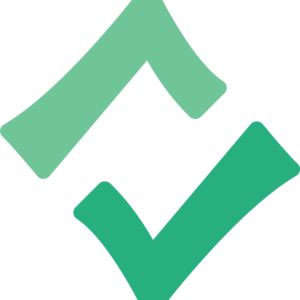Regulatory agency modernization can reduce administrative burdens, save costs, and enhance the user experience for both staff and professional licensees. Continuing education (CE) modernization is essential to any agency modernization plan. Continuing education tracking, auditing, and approving continuing education course providers and content are all part of modernizing continuing education processes. This article explores how continuing education modernization is integral to any agency modernization plan to revolutionize licensing systems by enhancing efficiency and promoting compliance.
Streamlining Continuing Education Processes
Modernizing CE processes within licensing systems benefits both licensed professionals and regulatory bodies through the following:
- Digital Learning Platforms: Online platforms provide a convenient and accessible medium for professionals to access a wide range of CE courses. Such platforms can offer diverse approved courses, allowing individuals to fulfill their requirements on time.
- Course Tracking: By implementing automated systems, CE completion and tracking can be simplified. Licensed professionals can easily monitor their progress, review completed courses, and receive timely reminders for upcoming CE or license renewal deadlines.
- Real-Time Reporting: Modernization enables real-time reporting of completed continuing education activities to regulatory boards. This feature eliminates delays and ensures accurate tracking, enhancing transparency and compliance.
Enhanced Auditing Processes
Auditing is crucial to licensing processes, ensuring professionals meet the necessary standards. Modernization can enhance auditing processes for regulatory boards through the following elements:
- Data Analytics: Leveraging advanced analytics tools, regulatory boards can identify potential areas of non-compliance or suspicious patterns. Analyzing large datasets allows for more efficient and targeted audits.
- Random Sampling Audits: This allows the implementation of sophisticated algorithms for random sampling during audits. These algorithms ensure fairness and integrity in the selection process, reducing bias and increasing the efficiency of audit selections.
- Digital Documentation: Shifting from paper-based documentation to digital records simplifies auditing procedures. Digital documentation allows for easier access, improved accuracy, and efficient retrieval of necessary information during audits.
Promoting Compliance
Modernization is pivotal in promoting compliance among professionals by reducing barriers and improving accessibility.
- User-friendly Interfaces: Intuitive and user-friendly interfaces make it easier for professionals to understand and navigate requirements, submit documentation, and access approved CE courses. This simplicity encourages greater compliance.
- Integration with CE Providers: Integration with CE providers streamlines the process through seamless data exchange and course approval, enabling efficient compliance tracking and reduced errors.
Conclusion
Modernization ensures professionals remain up-to-date and meet license renewal requirements by streamlining CE processes, enhancing auditing procedures, and promoting compliance through user-friendly interfaces and advanced technologies. Embracing these advancements will drive efficiency, transparency, and effectiveness, benefitting licensed professionals and regulatory agencies in maintaining a highly skilled and compliant workforce.
Learn more about how CE Broker helps regulatory boards modernize the processes and improve the lives of working professionals.

